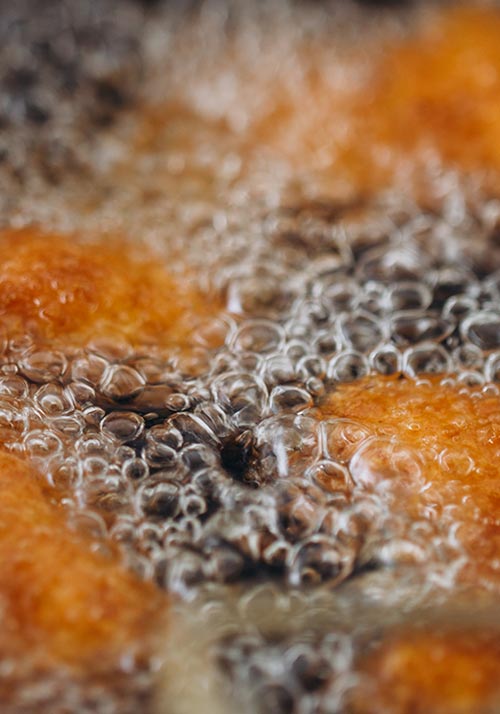Lowering waste and adopting more sustainable practices have grown to be important in tackling environment change and environmental degradation. One often-overlooked contributor to waste may be the improper removal of applied cooking oil. By gathering and recycling Restaurant Grease Removal, persons and companies can enjoy a significant role in developing a greener, more sustainable planet.
The Environmental Impact of Improper Disposal
Annually, unbelievable volumes of applied cooking oil are extracted badly, which creates serious environmental risks. Pouring it down the strain may appear easy, but that training can cause clogged sewage techniques, charging municipalities countless pounds in maintenance and repair. Based on estimates, the U.S. spends nearly $25 million annually on sewer-related issues, a large part of that is related to fat clogs.
Moreover, when used cooking oil reaches water bodies, it forms an oily coating at first glance that disrupts aquatic ecosystems. This fat restricts air movement, affecting maritime living and contributing to water pollution.
By comparison, collecting and recycling applied olive oil prevents it from becoming an environmental hazard, allowing it to serve as an invaluable source instead.

How Applied Preparing Oil May Be Repurposed
Used olive oil isn't spend; it's an opportunity. One of the very frequent methods it is repurposed is through the manufacturing of biodiesel, a cleaner and green alternative to fossil fuels. Biodiesel produced from recycled olive oil provides considerably less greenhouse gas emissions in comparison to old-fashioned petroleum-based fuels.
According to the U.S. Department of Energy, biodiesel creation has the potential to lessen co2 (CO2) emissions by up to 78% on a lifecycle basis. Using just one gallon of recycled cooking oil for biodiesel may reduce nearly 20 pounds of CO2 from being released into the atmosphere.
Beyond biodiesel, applied cooking oil may also be changed into products such as pet feed, industrial lubricants, and also eco-friendly soaps. Recycling applications improve the value of used oil, encouraging circular economy practices.

Simple Measures to Contribute
Refusing to dispose of applied olive oil improperly may be the first faltering step toward change. Produce a practice of holding used oil in covered pots till it could be sent to a specified selection site. Many regional recycling applications and companies provide convenient drop-off locations or variety services.
By selecting to recycle used olive oil, house holds and firms not merely lower waste but also positively support cleaner air, healthiest waterways, and a far more sustainable energy future. A tiny act of obligation today sits the foundation for a greener and more tough planet tomorrow.
